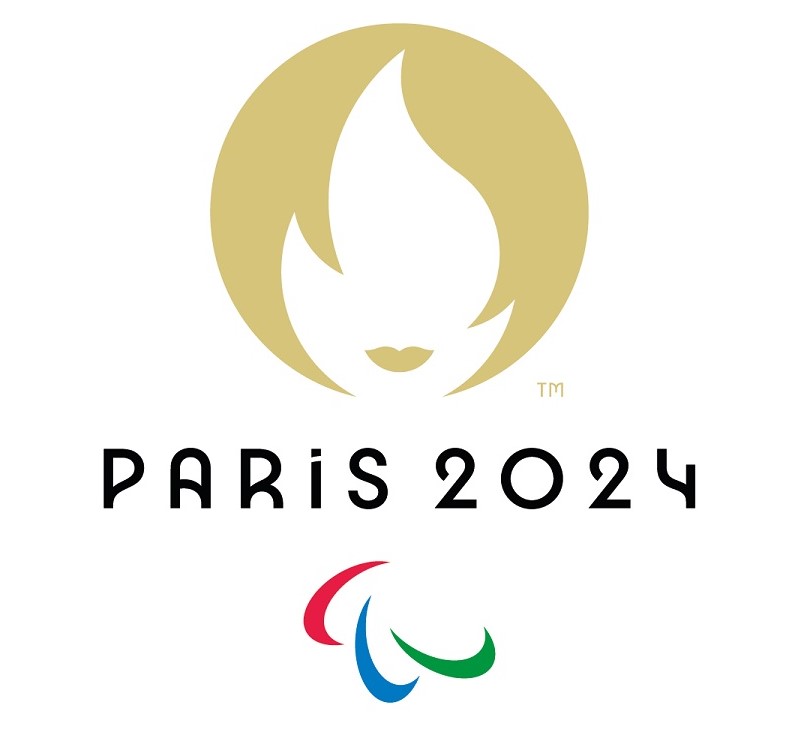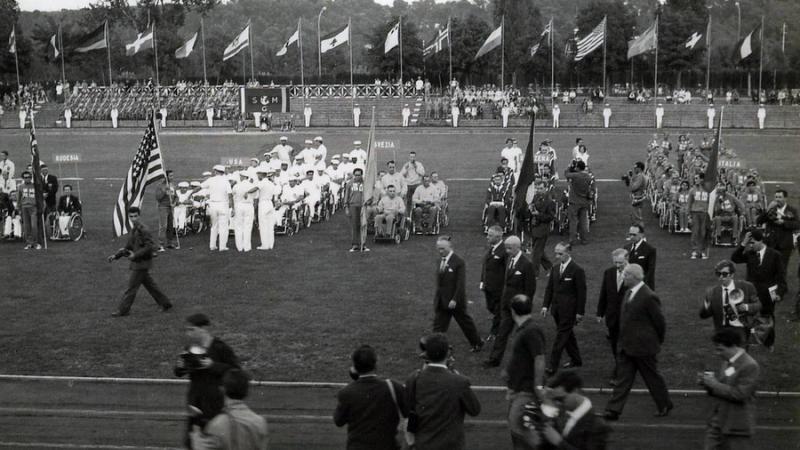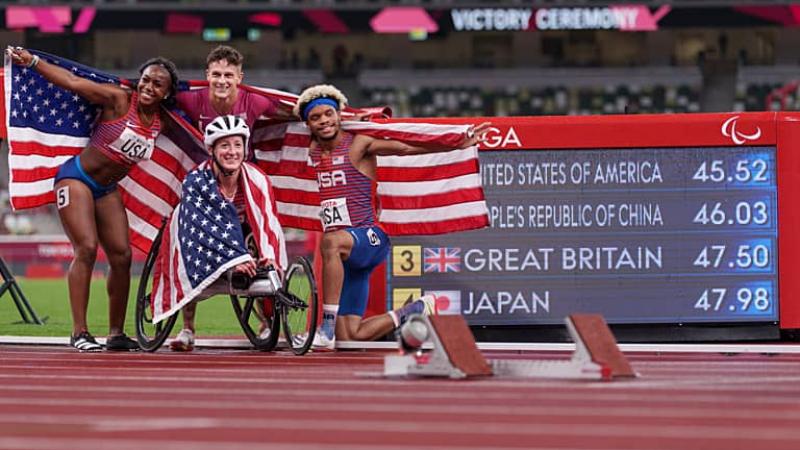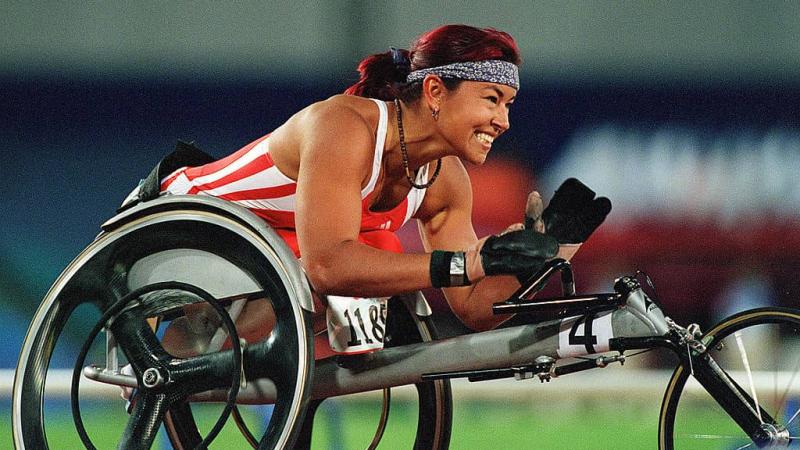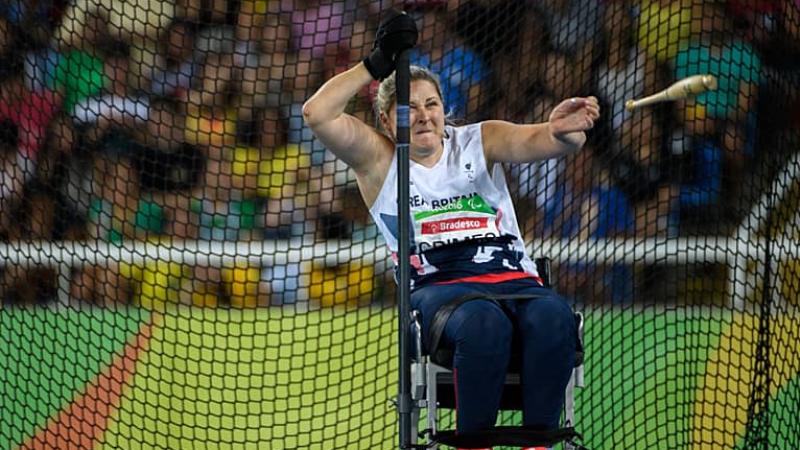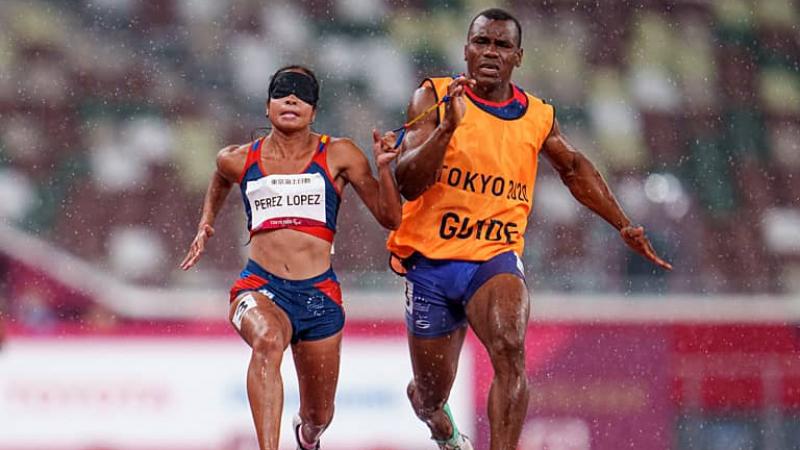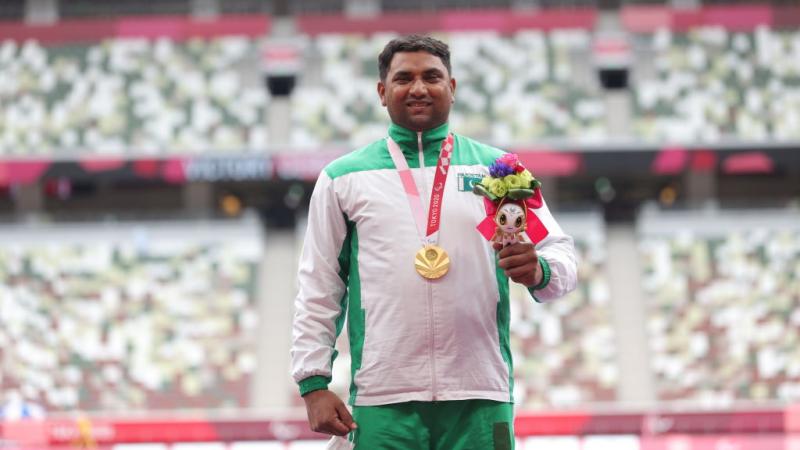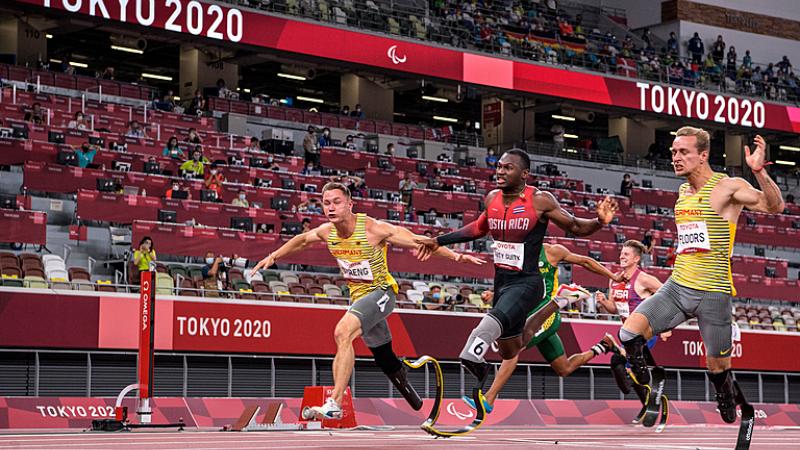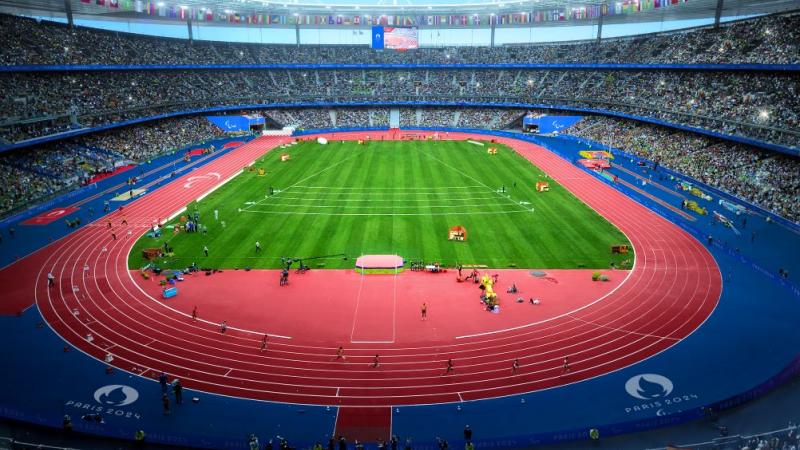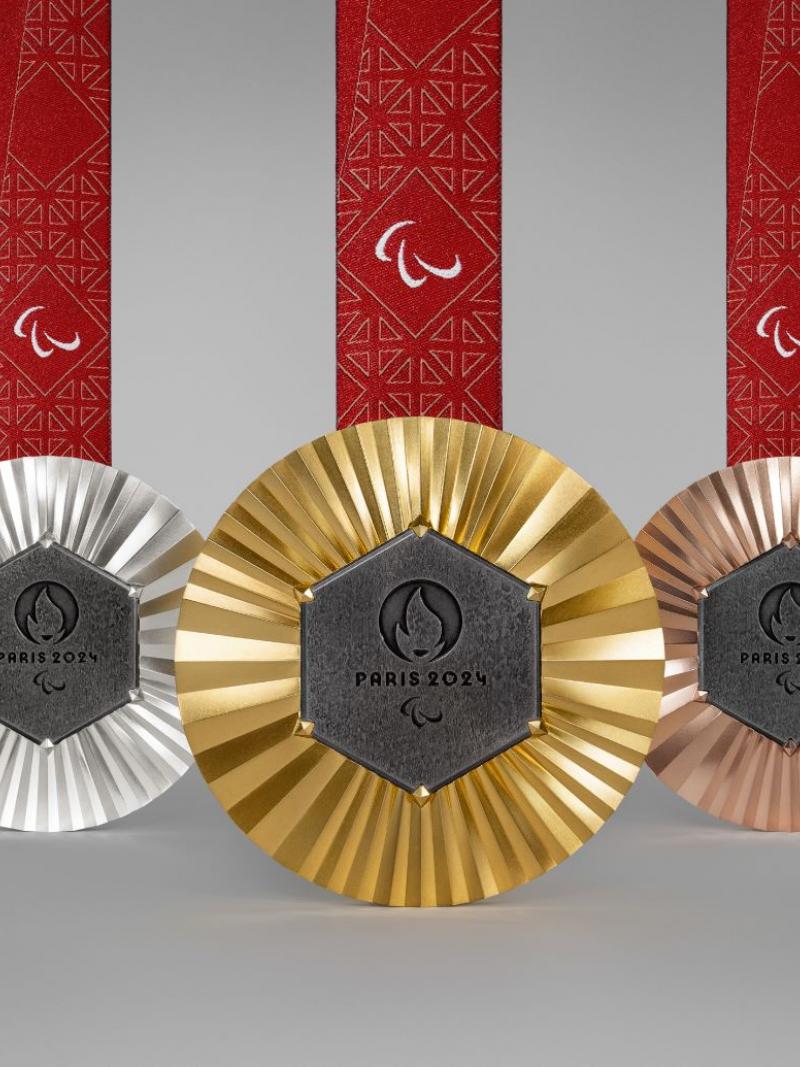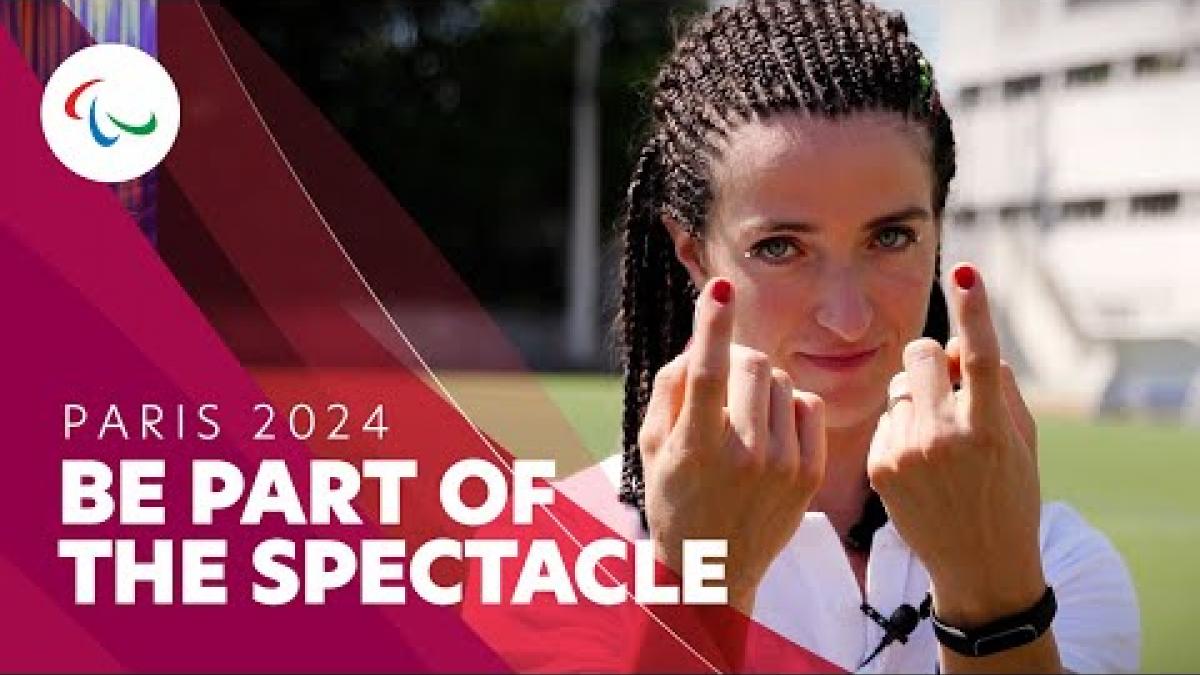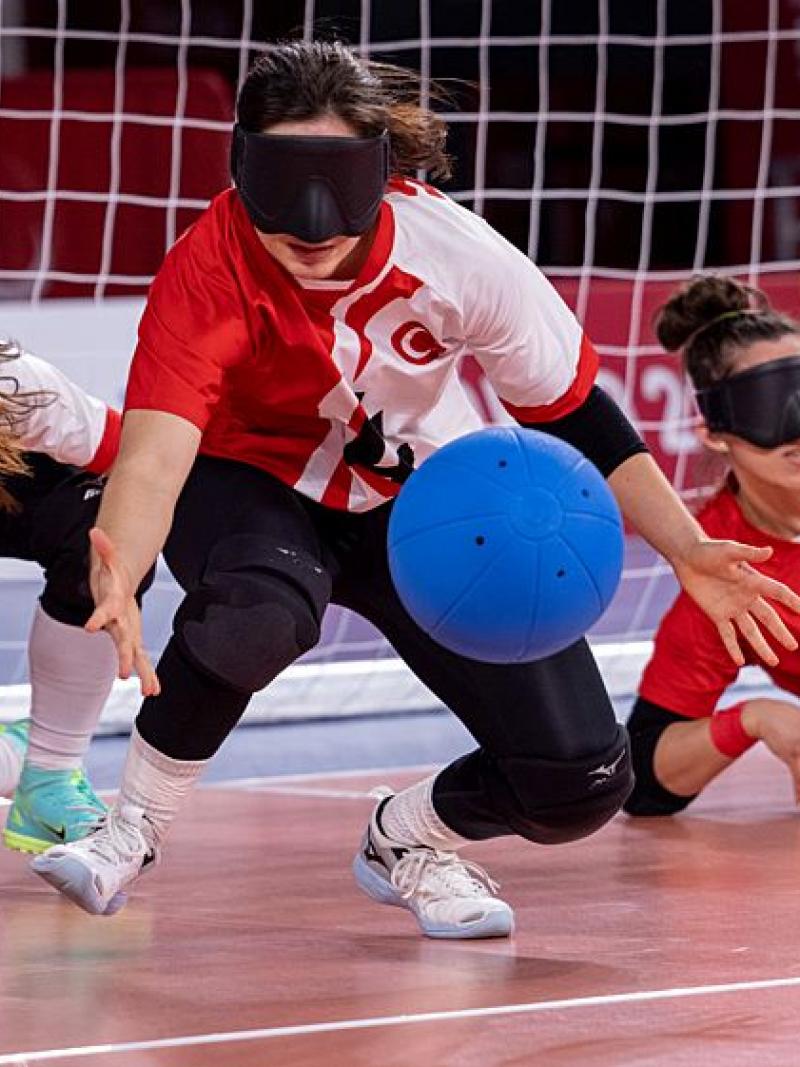Paris 2024: Introduction to Para athletics
Get to know the biggest sport on the Paralympic Games programme 04 Mar 2024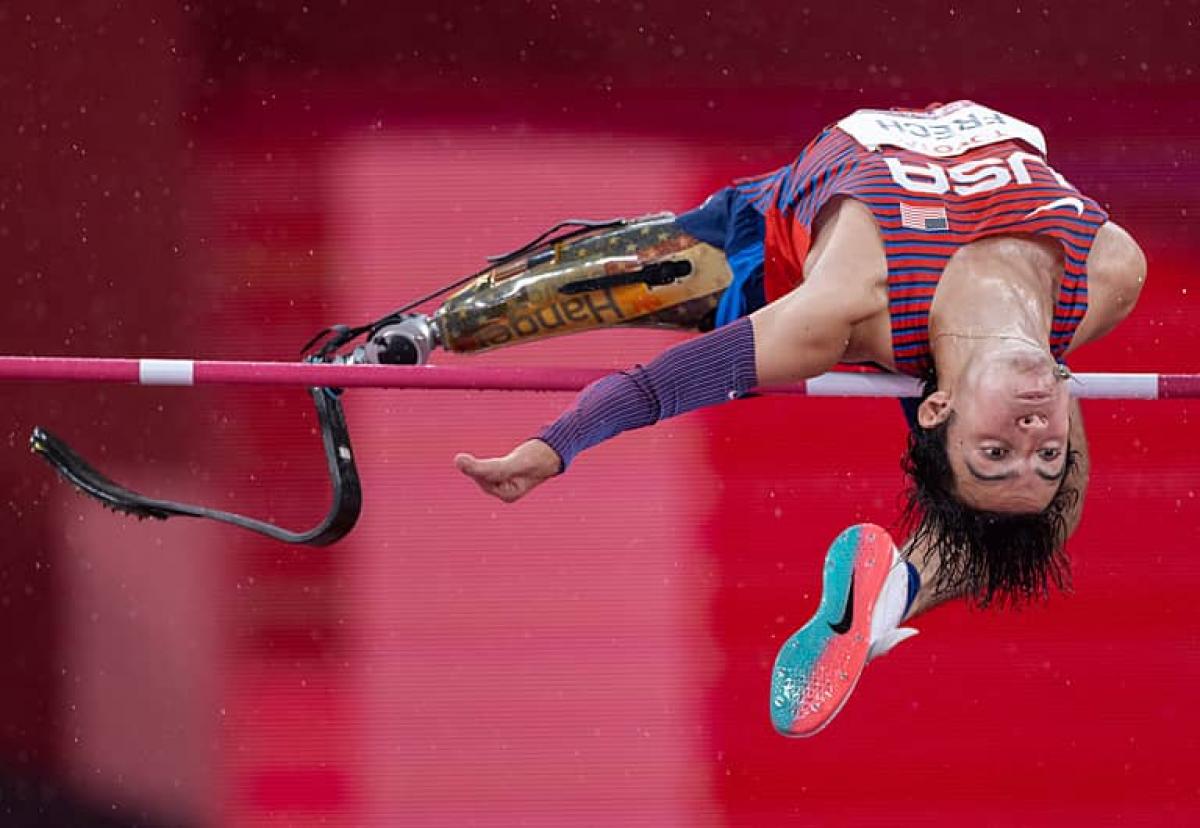
Para athletics is the largest sport on the Paris 2024 Paralympic Games programme in terms of participating athletes and the number of medal events. Up to 1,069 athletes will compete across 164 medal events in the French capital from 30 August – 8 September.
With less than six months to go until the Games, learn more about the sport and follow athletes on their road to Paris 2024.
Brief history of Para athletics
Para athletics was one of the eight sports included in the first Paralympic Games in Rome, Italy, in 1960 and has remained on the programme ever since. At Rome 1960, the competition featured 31 athletes from 10 countries in 25 medal events.
Since then, the sport has grown consistently and more than 100 countries have now won at least one Paralympic medal. At Tokyo 1964, the programme was expanded to 42 medal events, with wheelchair racing making its debut.
When the Games returned to Japan for Tokyo 2020, around 1,100 athletes competed across 168 medal events. A new mixed gender, mixed class 4x100m universal relay was introduced in the Japanese capital.
More than 3,000 Paralympic gold medals have been awarded in athletics since Rome 1960. The USA has won the most with 385 golds, followed by Great Britain (213) and Canada (200).
Canada’s Chantal Petitclerc and Switzerland’s Franz Nietlispach are the most successful Para athletics competitors in Paralympic Games history, with 21 medals each, including 14 golds.
Petitclerc competed at five Games (Barcelona 1992-Beijing 2008) and won five golds at both Athens 2004 and Beijing 2008. Nietlispach made his Paralympic debut at Toronto 1976, with his last appearance also in Beijing.
What to watch in Para athletics
In Para athletics, athletes compete according to their specific classification in each event. Some compete in wheelchairs and some with prostheses, while athletes with vision impairment are supported by a sighted guide.
Many Para athletics field events require specific sport equipment such as the club, discus, shot put and javelin.
Wheelchairs are considered sports equipment in track and field events, and racing wheelchairs tend to be very lightweight and aerodynamic. Prosthetic devices may be used by amputees. World Para Athletics rules require the use of leg prostheses in track events; however, the use of prostheses in field events is optional.
Rope tethers or other devices may be used by runners with a vision impairment to link with their sighted guides. Acoustic devices (or a sighted "caller") may be used to indicate take-off in jumping events, throwing target areas, etc.
Away from the Paralympic Games, the biggest Para athletics competition is the world championships. The 2024 edition takes place in Kobe, Japan, from 17 to 25 May.
Memorable Paralympic moments
Para athletics has a long history of fantastic moments at the Games. Most recently at Tokyo 2020, Para athletics delivered historic first gold medals for some countries.
Ethiopia’s Tigist Gezahagn Mengistu won the women’s 1500m T13 in her first major championships. Pakistan, courtesy of Haider Ali, claimed their first gold in the men's discus F37 with a Paralympic record throw of 55.26m.
Ecuador were also firmly in the mix with a great story; sisters Poleth and Anais Mendez secured gold and bronze in the women’s shot put F20, respectively.
Sri Lanka’s Dinesh Priyantha Herath Mudiyanselage smashed the world record by a staggering 4m in the men’s javelin F46.
Sherman Guity made headlines for Costa Rica, setting a new Paralympic record (21.43) on his way to gold in the men's 200m T64.
Paris 2024 event programme
Up to 1,069 athletes (584 male and 485 female) will compete across 164 medal events including:
Track:
100m, 200m, 400m, 800m, 1,500m, 5,000m, 4x100m Universal Relay
Field:
Long jump, Club throw, High jump, Discus throw, Javelin throw, Shot put
Marathon
All events take place between 30 August and 8 September. Marathon events will be held before the Closing Ceremony on 8 September.
Venues
Stade de France:
The world’s best runners, throwers and jumpers will gather in the Stade de France, the country’s largest stadium. The venue, located in Saint-Denis, was originally built for the 1998 FIFA World Cup, and since then, has staged some of the world’s biggest sporting moments. At the Rugby World Cup last year, 10 matches, including the tournament opener and the final, took place here.
Marathon route:
The marathon will take place on 8 September 2024, the final day of the Games. The race will start in Seine-Saint-Denis and finish in front of the Esplanade des Invalides, taking athletes on a spectacular tour of the French capital as they pass by iconic landmarks including the Place de la Concorde and the Arc de Triomphe.




